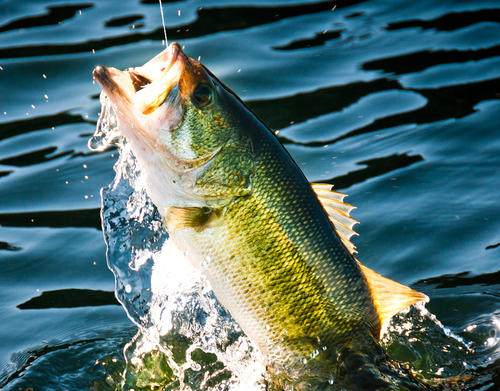 Why Would You Want to Catch Bass?
Why Would You Want to Catch Bass?
Trying a different recreational activity is fun and exhilarating. You can create memories and acquire skills simultaneously. A very good way to do both is to try your hand at bass fishing! In South Africa, bass fishing can be traced as far back as the 1920s.
The most harvested bass fish are the largemouth and smallmouth. The largemouth bass are known for their large size and resistance when hooked, which means that physical strength is required. On the other hand, the smallmouth bass jumps a lot aggressively on the surface when hooked.
Today, bass fishing is a well-recognised sport in countries such as South Africa, United States, Japan, Korea and Australia. Bass is the second most sought-after game fish in the United States. As a result, bass fishing tournaments are organised, with contestants competing for the Bassmaster title. This is a fantastic opportunity for competitive anglers.
Finding bass fishing spots in South Africa is easy, there are numerous locations offering bass fishing across all nine provinces. Gauteng, particularly the Vaal River, provides a wonderful experience if you are keen on largemouth bass. Having the suitable bass fishing bait is crucial for a successful fishing trip. There are two options of fishing bait to choose from, natural and artificial baits.
Natural baits are effective for their life-like movements (whether dead or alive) and they have a texture and odour which bass can't resist. These include (but are not limited to) worms, frogs, leeches and insects. Artificial baits (also known as lures) are purely utilised for their resemblance to bass prey. What's great about lures is that they are cost effective. You can reuse them which save you money and time. However, there are seasons when lures are ineffective as explained in the quick tips below.
Top 5 Bass Catching Techniques
Once you acquire the basic skills, the odds are you'll get hooked on bass fishing. Get some gear and start the journey!